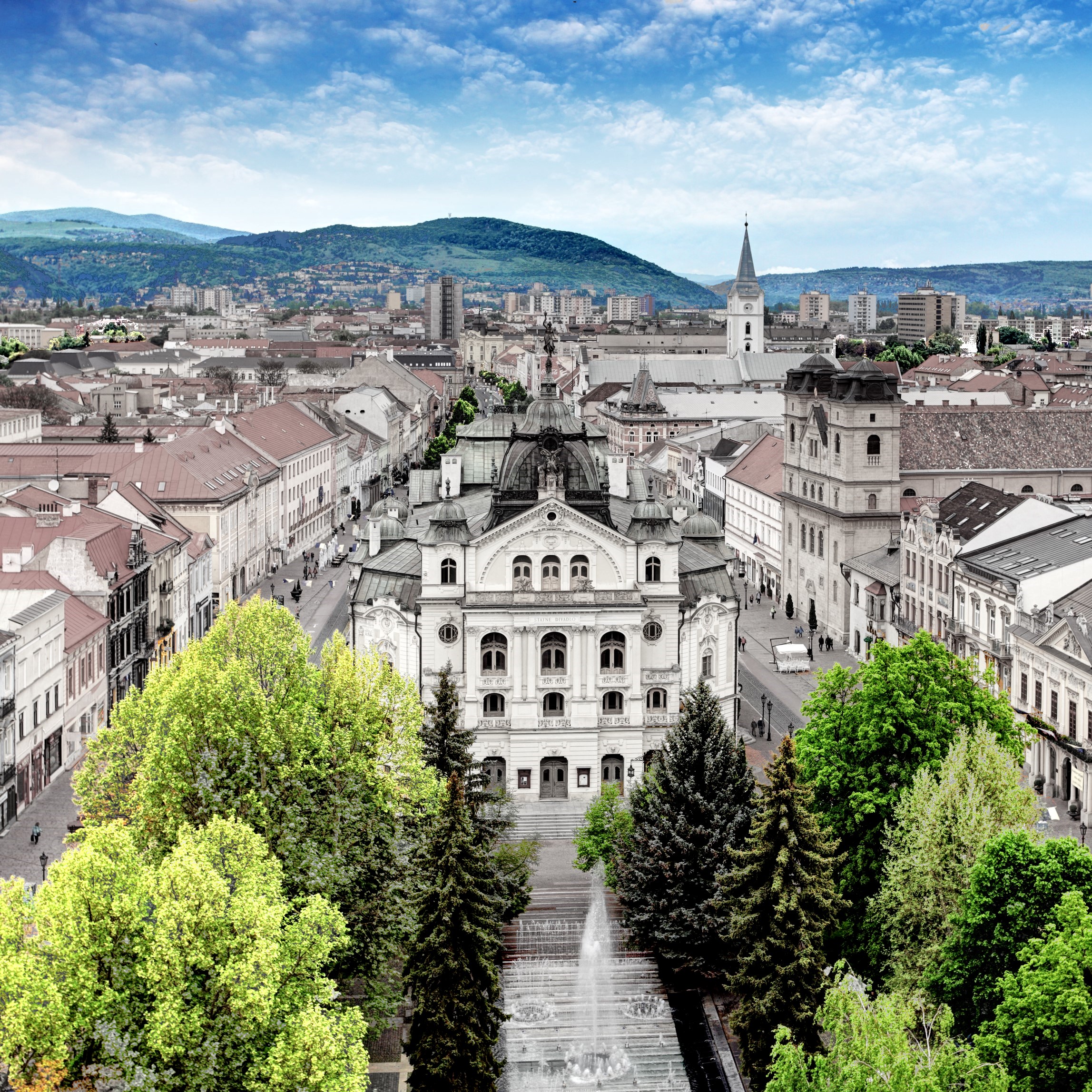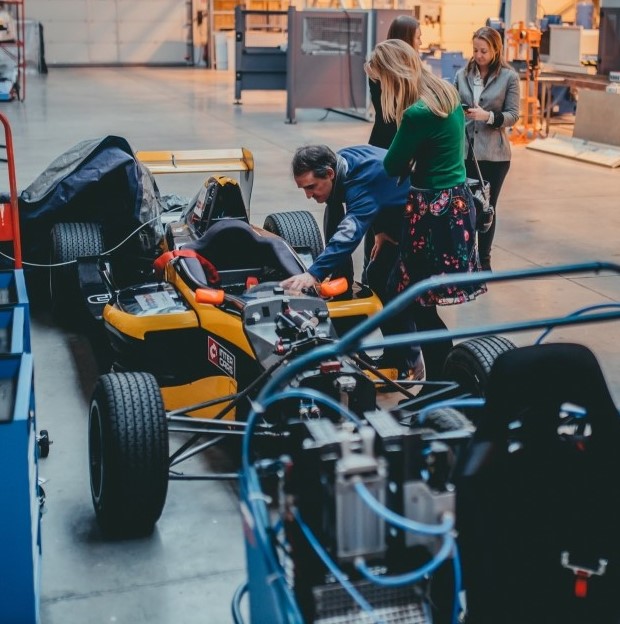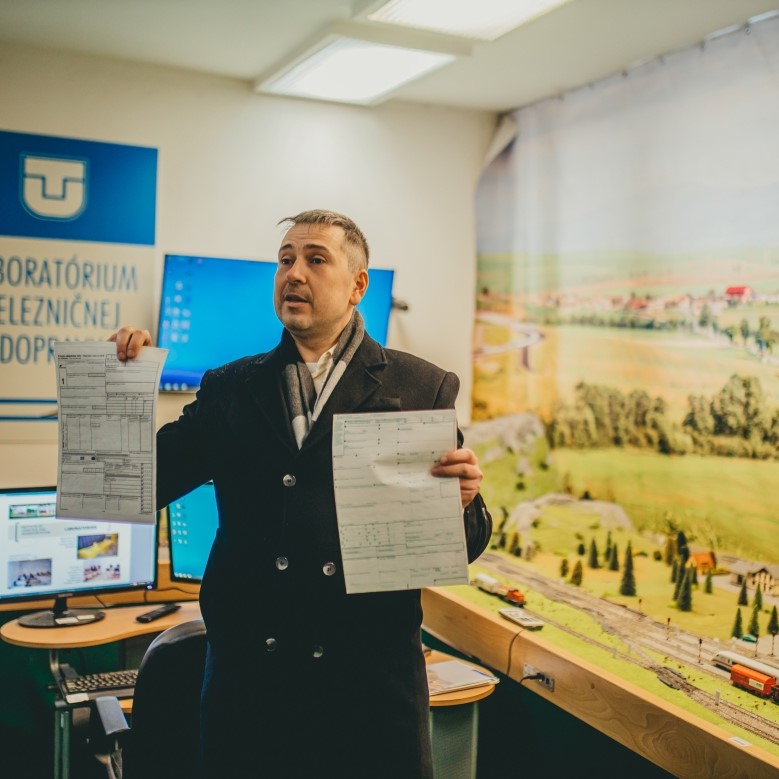What we face

On
the global level, transport emissions have more than doubled since 1970 while
today account for over 24% of global CO2 emissions and around 30% of global
final energy demand. And the situation on the European level is even worse, as only the road transport alone is responsible for around 70% of EU GHG emissions while overall transport is accounting for around half of current global NOX
emissions
As the reflection to these findings several
initiatives have been taken including also Sustainable and Smart Mobility
Strategy. Thanks to
the new technologies the proposed goals seemed to be more realistic. To give
some examples, technology for the full electrification of cars, buses, and
trucks, as well as city boats, work boats, and ferries, already exists.
Further, big vessels like cruise ships can already be powered from sustainable
energy through shore-side supply while at berth. So, as we can see, the
required technologies already exist or are in the pipeline and are starting to
see good traction in the market.
The
strategic plan for acceleration of the sustainable and smart mobility is also
the part of the Green Deal, as a new growth strategy that aims
to transform the EU into a fair and prosperous society, with a modern,
resource-efficient and competitive economy where there are no net emissions of
greenhouse gases in 2050 and where economic growth is decoupled from resource
use.
For
the upcoming periods, following goals were set to reach the strategic aim:
- 90% reduction in transport emissions
by 2050 within the
road, rail, aviation, and waterborne transport,
- 75% of inland freight
carried today by road should shift onto rail and inland waterways,
- Automated and connected multimodal mobility in line with smart traffic management systems enabled by digitalisation,
- Production and deployment of sustainable alternative
transport fuels is strongly needed as by 2025,
- Transport
should become drastically less polluting, especially in cities.
How we act
The negative situation needed to be changed is
reflected also on the national level of Slovakia, while the most important
strategic document for the future development in the next decade is proposed in
the Strategic plan for the development
of transport in the Slovak Republic by 2030 with the main vision to develop a sustainable
integrated multimodal transport system that meets economic, social and
environmental needs of our society and contributes to the deeper integration
and full integration of the Slovak Republic within the European economic area.
Even
more specific and regional-targeted goals are defined in the Strategy for the development of
transport and transport structures in the city of Košice - Sustainable mobility
plan It presents a traffic forecast, defines the main
problems of urban transport, defines the main objectives and proposes
appropriate measures for the horizons 2020, 2030 and 2040, respecting the principles of the Sustainable Mobility Plan.

This
strategy set the conditions for the future development of land use for
transport infrastructure and equipment on the basis of processed transport
forecasts for the subsystems of pedestrian, bicycle, public and road transport.
What we do
Technical
university of Kosice, as one of the leading technical universities in Slovakia,
is strongly supported the transition to
the sustainable mobility in the region and country as the whole and thanks
to our long-term research outputs at very high level we are the distinguished
partner in the wide discussion for this particular topic.
TUKE has
very strong linkages to national and
regional policy institutions and business sector and actively cooperates on
formation of national and regional strategies and policies, e.g. Strategy
for the development of public passenger transport in Kosice Region and
consulted Strategy for the development of the transportation in the City of
Kosice, as well as Regional Integrated Territorial Strategy of the Košice
Region for 2014-2020, where the main priority is safe and environmentally
friendly transport in the Košice region.


Experts
from our university are authors of many professional reviewed articles focusing
on transport systems, especially the staff of The Institute of Logistics and Transportation, which is a unique
department providing comprehensive educational research and expertise in the
field of logistics and transport logistics. Each year, more than 400 students
are educated by their experts and got the knowledge also within several special
laboratories, as e.g. Laboratory of modelling, simulation and projecting of
logistics and transportation systems (LASAP) or Laboratory of virtual logistics
company (LIVIS). The institute has sound expertize in the domain of intelligent
integrated transport solutions, focusing on the following topics:
transportation and traffic systems; optimization logistics and transport
systems; analysis, synthesis, planning and design of transport and logistics
systems; modelling and simulation of logistics and transportation systems.Very valuable
partners in joint activities can be also our professionals from the Faculty of
Economics, focusing on the policy level-and-economic aspects and the effect of
the transport systems to the quality of life and economic growth in the area,
especially in those regions affected by demographic change.
Opportunities
Would you
like to support transition to the Green Economy?
Let´s find an opportunity for cooperation within open calls under Horizon Europe, Interreg Europe, Interreg Central Europe, or Interreg Danube for the topic of Sustainable Mobility
Would you
like to cooperate with us in the joint project development?
Do not
hesitate and click on the button below to meet with us!